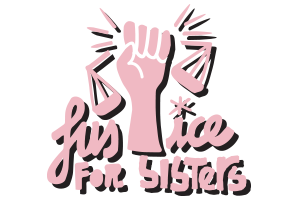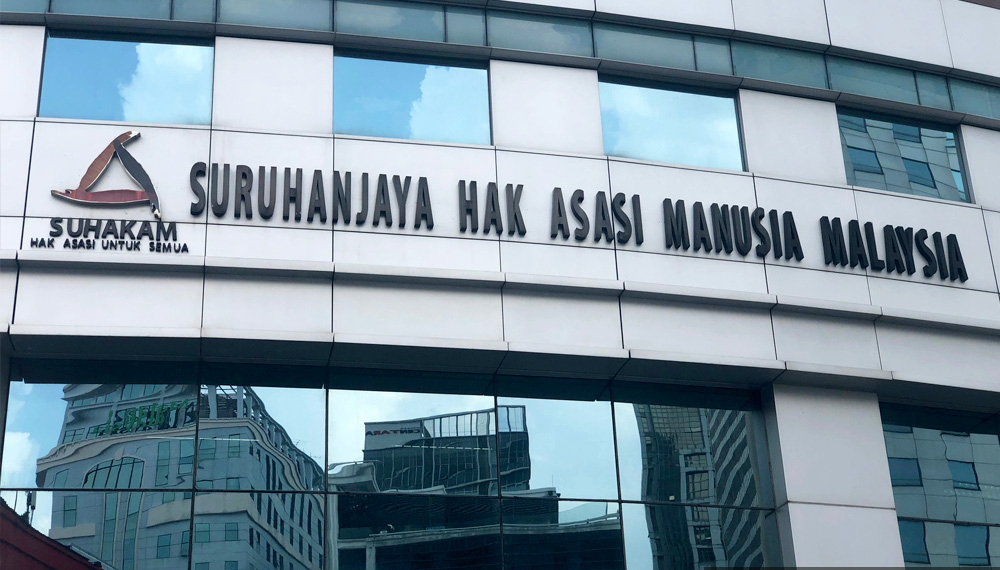Malaysia: LGBTQ advocates hope to limit backlash from British band’s pro-gay stunt
Colin Stewart is a 45-year journalism veteran living in Southern…
Same-sex kiss may harm the repressive nation’s vulnerable LGBTQ community

In the wake of last week’s brash on-stage LGBTQ rights protest by the band The 1975, the Malaysian LGBTQ rights group Justice for Sisters is seeking to limit backlash that endangers freedom of expression and respect for human rights.
The group criticized both The 1975 and Malaysian officials who canceled the Good Vibes Festival (GVF) in which the band was performing.
The band’s behavior on stage had already been criticized by members of the Malaysian LGBTQ community, who said that singer Matty Healy’s remarks and same-sex kiss were a “stunt that may have done more harm than good to a vulnerable group already under threat in Malaysia’s repressive, conservative society.”
“What Matty Healy did, he thought he was doing something for us, but it’s giving white savior complex,” said Carmen Rose, a Malaysian drag performer. “He thinks we need saving, he thinks we need fixing, when in reality we have queer organizations here already doing the work.”
“If he wanted to advocate for queer rights here, he wouldn’t just fly off and leave the mess behind,” she added. “I don’t think he’s doing it for the community, he’s just doing it for himself … it was a publicity stunt.”
Numerous other queer Malaysians posted similar criticisms online after Healy’s show, calling his actions hollow at best.
“He is totally ignorant to the actual experience of the LGBT community in Malaysia and his performative ‘display’ has put the entire Malaysian queer community in the cross-hairs of an already conservative (government),” one person wrote on X [formerly Twitter].
In an analytical article on their website, Justice for Sisters stated:
Good Vibes Festival: The cause and effect of LGBTphobia in Malaysia
July 26, 2023

Justice for Sisters reflects on the recent actions and protest by the band, The 1975, at the recent Good Vibes Festival (GVF), and the overall public, political parties, Suhakam [the Human Rights Commission of Malaysia], and the government’s reactions. We offer a reflective and nuanced analysis to the situation – one that ensures LGBTQ people are not further victimised and maintains freedom of expression for all grounded in international human rights law.
To be clear, sans the criticism against the government and the on-stage kiss, we are not excusing the band’s problematic behaviour, including the use of ableist language on stage.
However, it is important to note that the band’s criticism against the government and their protest is valid. It is the result of the state’s own actions of increasing restrictions on LGBTIQ people, which has extended to foreigners and non-citizens in recent years. This is evidenced by the denial of entry of LGBTIQ artists to perform in Malaysia, censorship of publications and films, nationwide raids on Swatch’s pride themed watches and the introduction of a new provision prohibiting so-called ‘cross dressing’ by male performers.
While the band’s actions may be perceived as reprehensible and distasteful, the state must show restraint and still act in accordance with international human rights law. Any form of restriction of freedom of expression should meet the requirements of the three-part test, which requires the state actions to be legal, legitimate, and proportionate.
In this context, the Ministry of Communication and Digital’s actions – to blacklist the band for an indefinite period, cancel the festival, launch an investigation into the organisers under multiple provisions of the Penal Code and the Minor Offences Act, and reexamine PUSPAL [Malaysia’s Central Agency for Applications for Filming and Appearances by Foreign Artists] screening processes and requirements for foreign artists – are already excessive. Additionally, the Ministry’s response has severe and wide-ranging impacts on the public from economic loss (experienced by vendors, organisers, and local performers), increased censorship, policing and scapegoating, among others.
Following the cancellation of GVF, the Minister has instructed a re-examination of PUSPAL’s screening processes and requirements for foreign artists. This further raises concerns over censorship against criticism and restriction of LGBTIQ persons and expressions in Malaysia. These short-sighted restrictive actions will not only further invite criticism by all persons, but it also has a ripple effect on promoters, event organisers, and further diminish the already struggling creative industry.
We would also like to clearly state that the government is responsible for the economic losses faced by the vendors and organisers, as it is a direct result of the Ministry of Communication and Digital’s instruction to cancel the festival. We are critical of the problematic paternalistic dual role that the Ministry is playing, that is as the disciplinarian by enforcing excessive measures and [as a] benevolent comforter … finding remedies to its own excessive actions, including by assisting the vendors who have suffered economic loss. The Ministry’s action, like the band’s action, is polarising. While one could appreciate the support for the vendors, it doesn’t absolve the state of its excessive actions, which caused the loss in the first place.

As an LGBTIQ human rights group that is guided by international human rights law, we are severely appalled by Suhakam’s statement, in which they defend the state’s excessive and disproportionate actions in response to the band’s actions at the festival. This is a complex situation, and as the national human rights institution, Suhakam must act as the voice of reason in ensuring that the state does not act arbitrarily and disproportionately in the name of protecting culture, public morality and public order.
We are concerned that such a disproportionate response will set a new precedent for restricting freedom of expression, and silence any kind of criticism against the government’s position, especially on LGBTI issues. We also note the Malaysian government and its agencies have a poor track record in responding to criticism against the government’s anti-LGBT stance and activities. In the past, those who defend the human rights of LGBTIQ and gender diverse people and are critical of the government’s actions against LGBTIQ people or activities, have increasingly been subjected to police reports, investigations, and online gender-based violence with impunity.
As such, we call on the government to exercise restraint in its response. We also call for all charges against the organisers to be dropped immediately, and review the increasing criminalization and restriction of LGBTIQ people, be they citizens or non-citizens.




